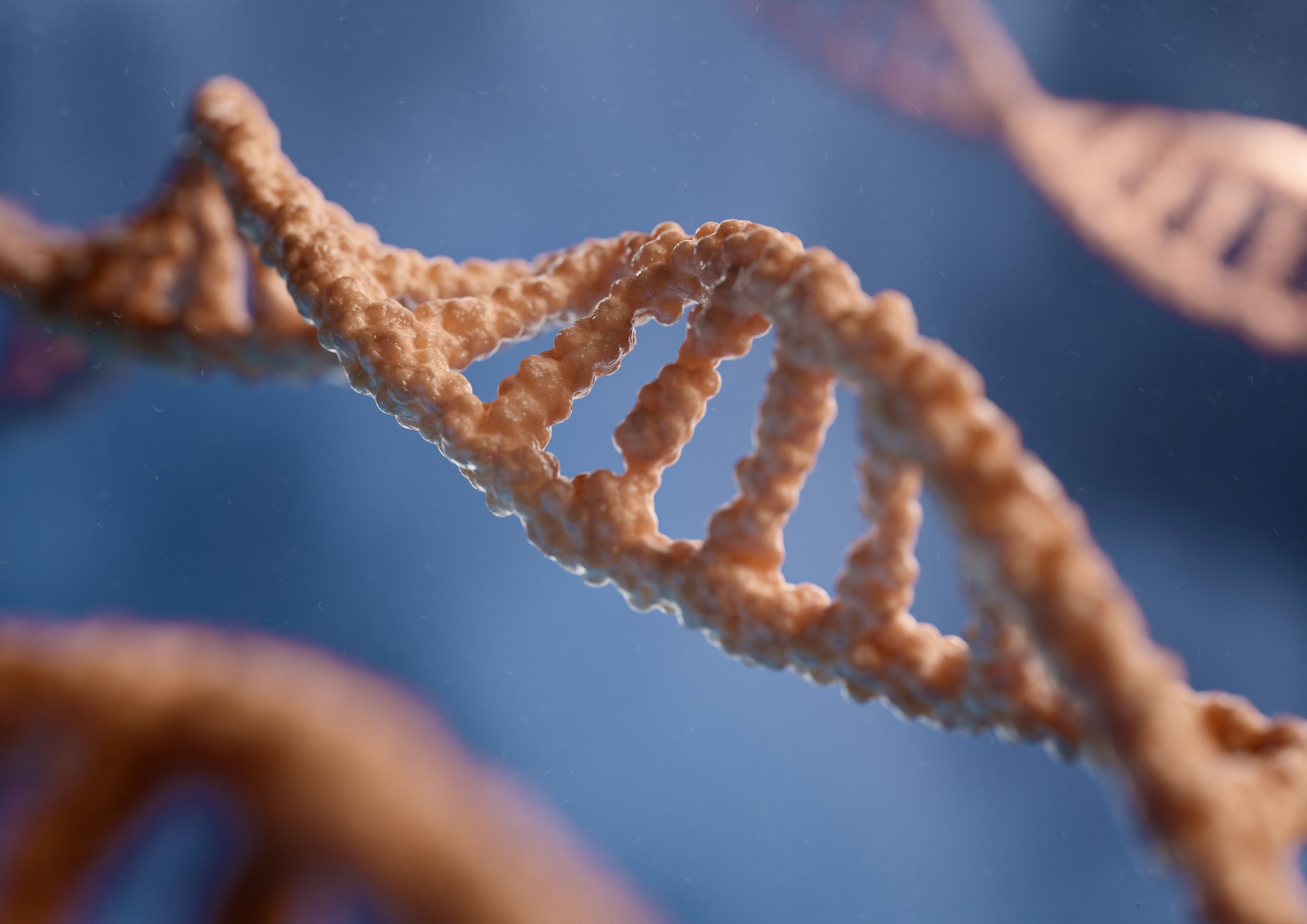
Computational modelling and detection of families of deeply conserved RNA structures in vertebrates.
We have previously developed the EvoFam computational pipeline [1,2] for detecting paralogous families of structured cis-regulatory regions transcriptome-wide in mammals, using mutational information across deep vertebrate alignments. Presented by Dr Brian Parker
Speakers
Event series
Content navigation
RegisterDescription
Watch the recording
We have previously developed the EvoFam computational pipeline [1,2] for detecting paralogous families of structured cis-regulatory regions transcriptome-wide in mammals, using mutational information across deep vertebrate alignments. I will discuss our recent work in exploring deep neural network approaches in EvoFam2, and recent biological validations of discoveries from our models. [1] Parker BJ, et al. "New families of human regulatory RNA structures identified by comparative analysis of vertebrate genomes", Genome Research. 2011, 21(11):1929-43. [2] Lindblad-Toh K, et al. "A high-resolution map of human evolutionary constraint using 29 mammals". Nature. 2011, 478(7370):476-82
About the speaker

Brian’s research is in computational biology, applying advanced statistical, mathematical, and algorithmic methods to discover and understand new biology. In particular, post–transcriptional RNA-based gene regulation mechanisms genome-wide. His work has led to the discovery of new regulatory mechanisms in liver metabolism and immunity. His areas of theoretical focus include; comparative genomics, hidden state probabilistic models, machine learning and deep neural networks, functional data analytic models, and algorithmic graph theory.
Location
Online

